
Fortune News | Mar 16,2019
In full personal protective gear, medical staff attend to Novel Coronavirus (COVID-19) patients inside a makeshift intensive care unit (ICU) at Millennium Hall on Africa Avenue (Bole Road). These are not just some of the over 48,000 people reported to have contracted the virus. They are among the 829 severe cases that required hospitalisation by late last week.
Medical oxygen and ventilators are needed to keep them breathing. Glucose needs to be injected into their veins to keep their energy up, and careful monitoring is carried out to see if any complications arise. And yet, as was the fate of the patient in the photo (upper right) and 2,915 others that have been reported to have passed away thus far, recovery is not guaranteed.
On the global scale, and without accounting for poor record-keeping and data gathering in places such as Ethiopia, the number of cases and deaths is but a drop in the bucket. Around 130 million have caught the virus, and over 2.8 million have died globally. But what has prompted the authorities to pass laws banning gatherings of more than 50 people and being in public without a face mask was a recent spike in infection rates.
Since the first case was recorded around a year ago, infection rates jumped to 20pc, and medical centres began to turn patients away for lack of beds. Patients began dying by the dozens each day. It put a damper even on the occasion of the delivery of 2.2 million doses of AstraZeneca COVID-19 vaccines in the middle of last month, not to mention another 300,000 from China more recently.
Health authorities are looking to curb the spread of the virus by enforcing social distancing – at least legally – and expanding the health infrastructure. Most recently, medical equipment such as polymerase chain reaction (PCR) machines – used to amplify and replicate DNA samples – and ventilators were obtained through a 30-million-dollar concessional loan from the South Korean Eximbank.
But even with what seems to be the third-wave of COVID-19, public health experts warn that “tough times are ahead” and "Ethiopia is living through its worst times." Considering the country’s weak health infrastructure, prevention is the better alternative, these experts urge. It is a hapless plea that continues to contend with the public’s pandemic fatigue.
You can read the full story here
PUBLISHED ON
Apr 03,2021 [ VOL
22 , NO
1092]

Fortune News | Mar 16,2019
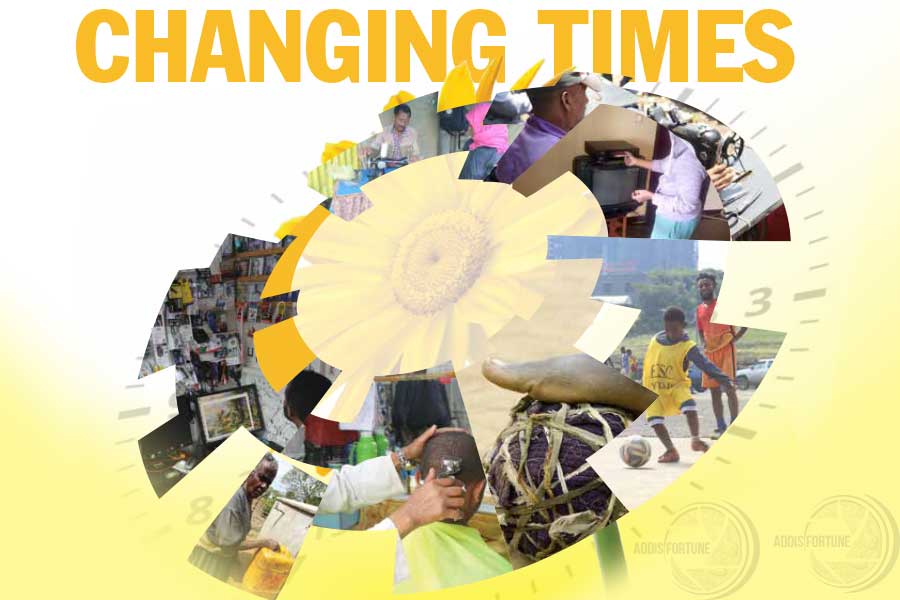
Fortune News | Sep 08,2019
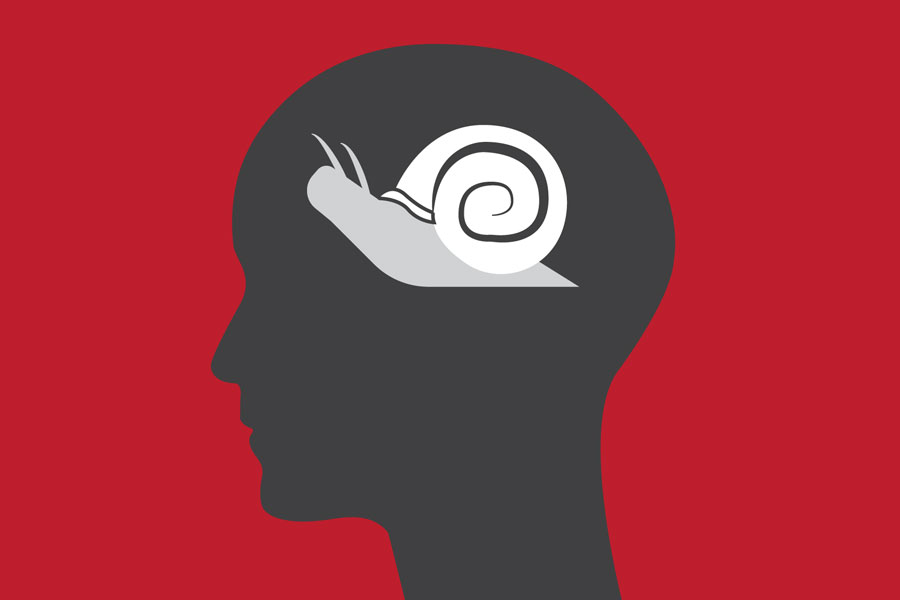
View From Arada | May 21,2022
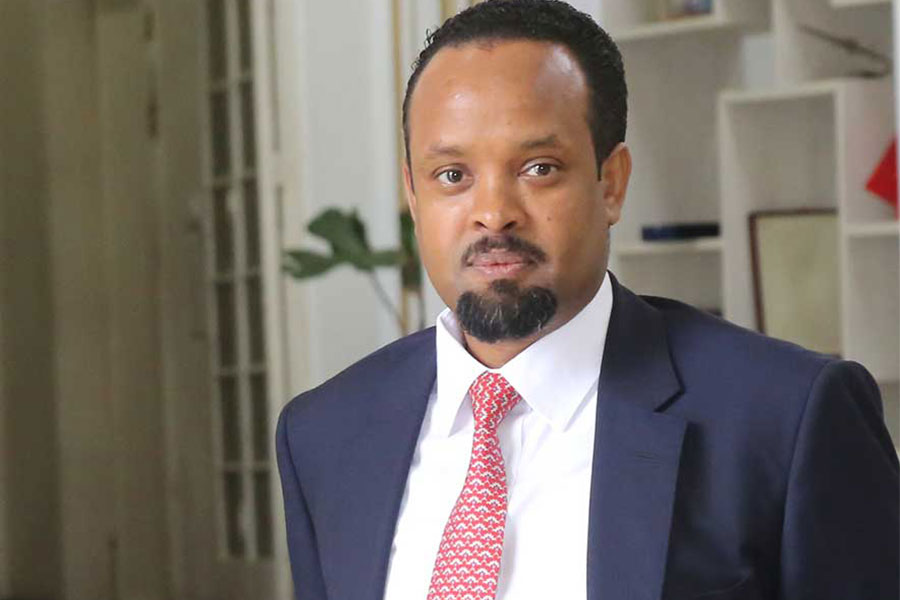
Fortune News | Jun 11,2022

Viewpoints | Sep 10,2021

Life Matters | Sep 17,2022
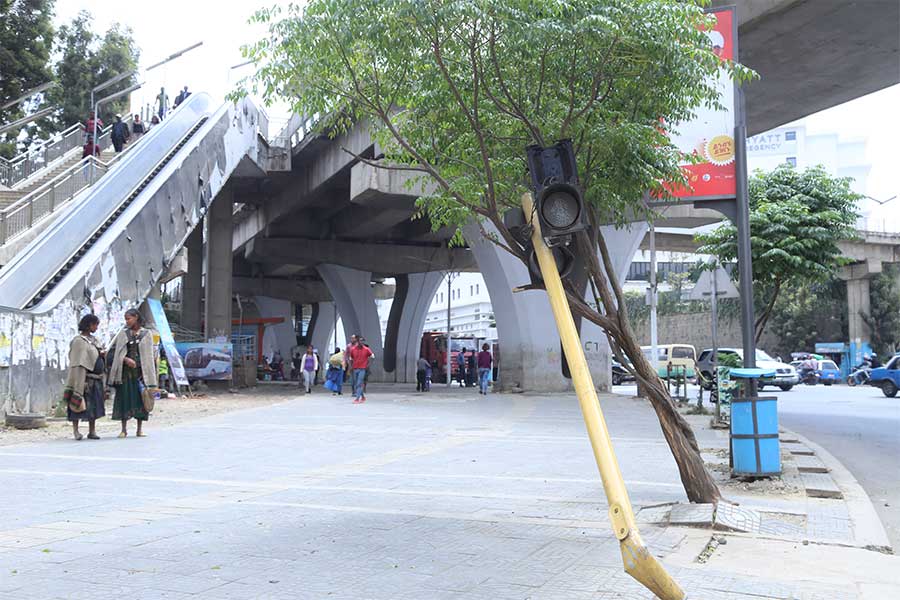
In-Picture | Feb 15,2020
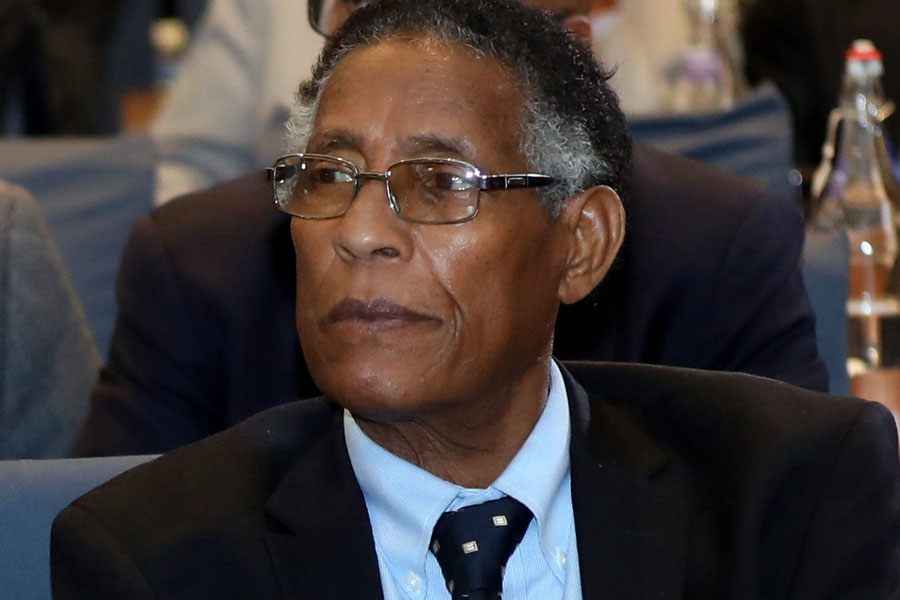
Obituary | May 21,2022

Fortune News | Mar 12,2022
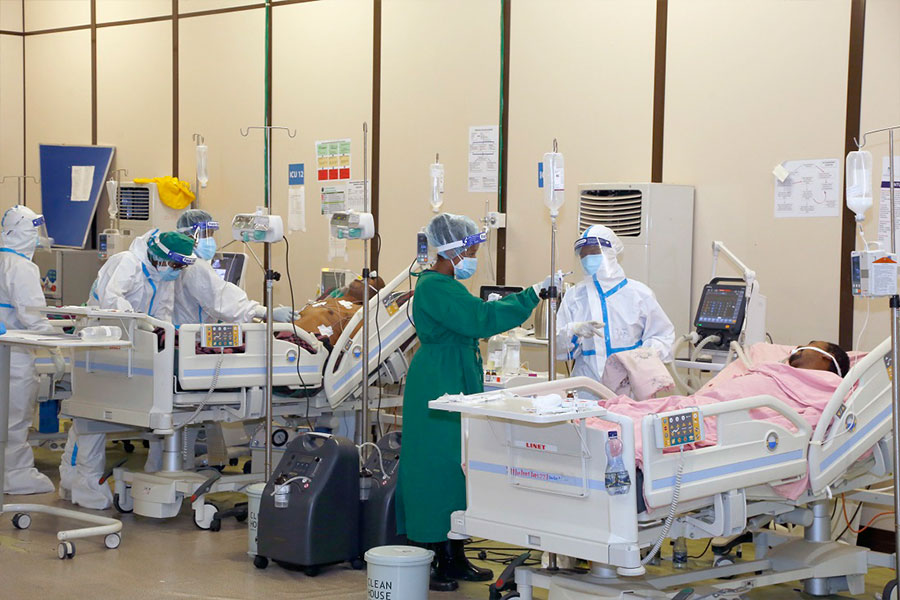
Agenda | Apr 03,2021

Dec 22 , 2024 . By TIZITA SHEWAFERAW
Charged with transforming colossal state-owned enterprises into modern and competitiv...

Aug 18 , 2024 . By AKSAH ITALO
Although predictable Yonas Zerihun's job in the ride-hailing service is not immune to...

Jul 28 , 2024 . By TIZITA SHEWAFERAW
Unhabitual, perhaps too many, Samuel Gebreyohannes, 38, used to occasionally enjoy a couple of beers at breakfast. However, he recently swit...

Jul 13 , 2024 . By AKSAH ITALO
Investors who rely on tractors, trucks, and field vehicles for commuting, transporting commodities, and f...

Oct 18 , 2025
The political establishment, notably the ruling party and its top brass, has become p...

Oct 11 , 2025
Ladislas Farago, a roving Associated Press (AP) correspondent, arrived in Ethiopia in...

Oct 4 , 2025
Eyob Tekalegn (PhD) had been in the Governor's chair for only weeks when, on Septembe...

Sep 27 , 2025
Four years into an experiment with “shock therapy” in education, the national moo...